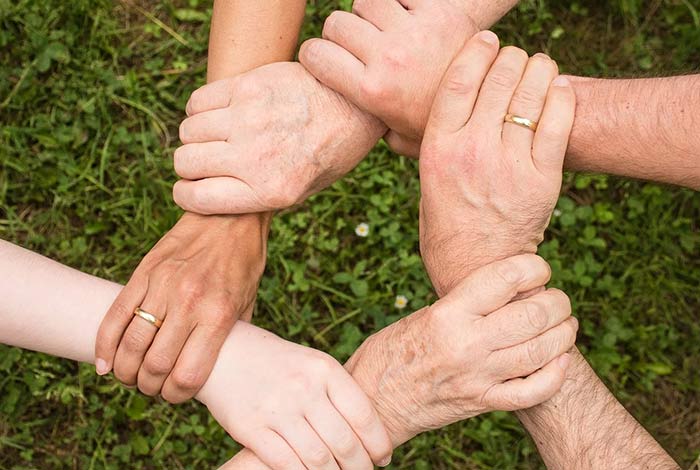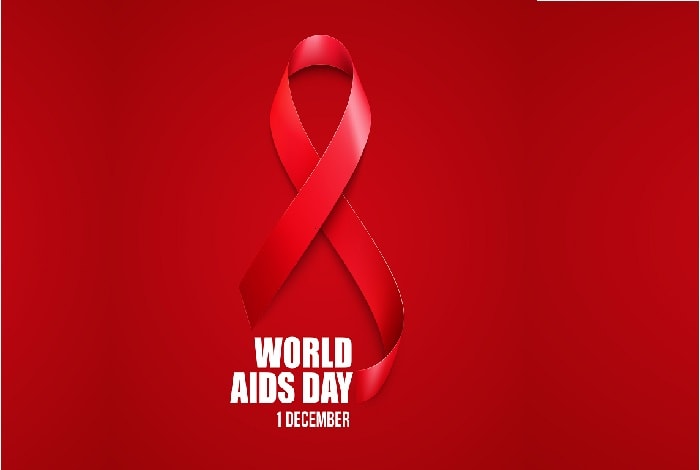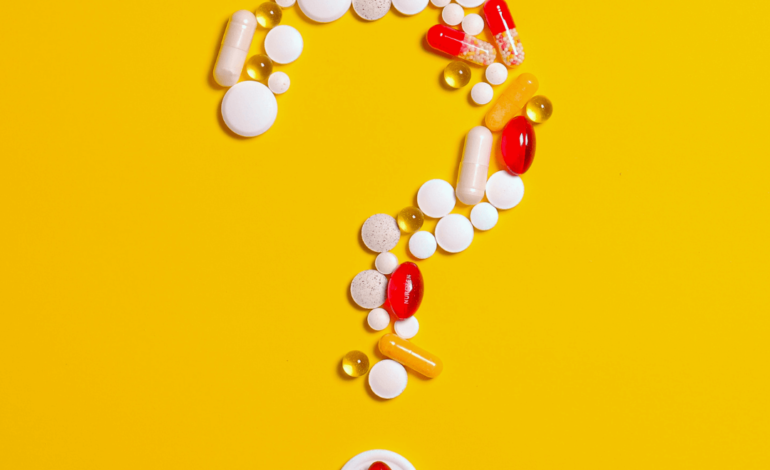Entering recovery after completing treatment is a huge milestone and marker of success. Unfortunately, relapsing in recovery can be a reality for some individuals. Relapse should never be seen as a failure but instead as another opportunity to be successful in recovery.
Imagine if you have a chronic disease, does that mean you failed?
No.
Relapse in recovery is the same idea; you did not fail but merely sidestepped.
How do I know if I am on the brink of relapse?
Anxiety
Destructive or harmful thoughts
Poor decision-making
Trouble concentrating and sleeping
Reckless behavior
Ignoring or forgetting healthy habits
The inability to practice coping tools
Social isolation
Obsessive thoughts about drugs or alcohol
Mood swings
Depression
What triggers a relapse?
Stress: Whether it’s financial stress, entering or leaving a relationship, family stress, or new opportunities such as a new job or big move, positive and negative stress can make you more vulnerable to relapse. Stress can elicit tumultuous emotions, can bring change, and can induce anxiety, which all can be tightly linked to relapse.
Overconfidence: Sometimes, our egos can get in the way of our recovery. We can become overconfident and can indulge in unhealthy thoughts, which can lead to relapse.
Self-pity: We often can blame ourselves for our past actions towards others, which can result in a roller coaster of guilt, self-loathing, and self-pity, which can trigger us into a relapse.
Undiagnosed/untreated co-occurring mental health disorder: Mental health disorders that are left undiagnosed or untreated can easily trigger a relapse, hence why it is essential to treat all co-occurring disorders at the same time.
Grief/loss of a loved one: Death and grief can lead to negative emotions such as depression, guilt, and loneliness, which are all potential triggers for relapse.
Unrealistic expectations: Sometimes, we set very high standards for our recovery, and the stress from trying to meet “perfectionism” is overwhelming in itself.
Cravings, urges, and relapses are signs that you may need to re-enter treatment once again or re-evaluate your triggers, support system, and coping skills.
What do I do if I relapse?
The first and most important thing you can do is not to panic. You are not alone, you are not defeated, and you can get your life back on track. If you do relapse, try to immediately reach out to your Case Manager and/or Alumni Coordinator. You will not be judged or be treated like a failure. Although you may feel fear and uncertainty, we are here to help you.
We Are Here for You!
We are committed to the health and safety of you and/or your loved ones, and we are FULLY OPEN & OPERATIONAL. At AKUA Mind & Body, the safety of our Clients is our top priority. We are aware of the increased fear and anxiety among most people regarding the current pandemic. Hence, we are doing everything that we can to keep health and safety.
If you or someone you love is struggling with a mental health illness or substance use and addiction disorder, we can help now more than ever! AKUA Mind & Body provides an integrative treatment approach with multiple levels of care from detox and residential to virtual outpatient programs. With several facilities throughout the Sacramento Region, Los Angeles & Orange County Region, and San Diego Region, we aim to provide our clients with a solid foundation for healing and transformation. Gender-specific and Co-ed facilities are available.
Call our 24/7 admissions helpline to seek help today!




